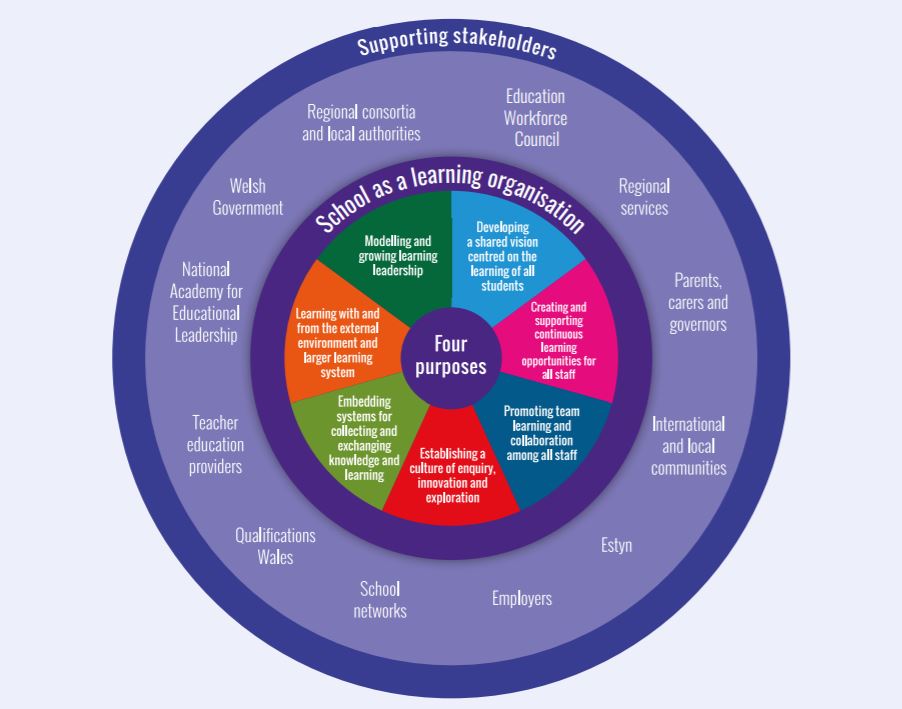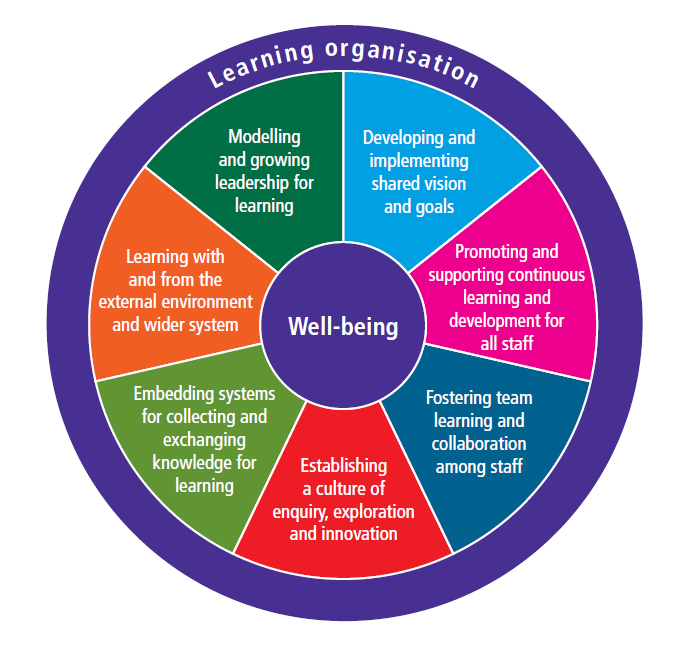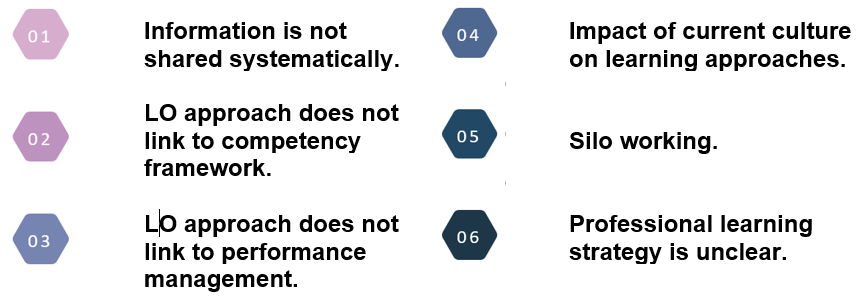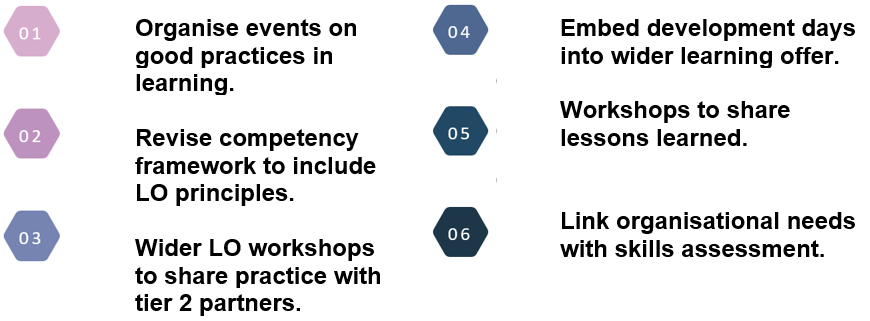Toward a learning education system in Wales

To equip the Welsh Government to become more open, innovative and adaptive to change, the Education Directorate commissioned the OECD to undertake an assessment of the capacity of the Directorate to develop as a learning organisation (LO). This article explores the outcomes of the LO assessment and provides an early insight into the next steps. To get an overview of what learning organisations are and the OECD’s work in Wales, read OPSI’s previous blogs on Learning Organisations and the learning system in Wales.
Schools as Learning Organisations – driving the new curriculum
At the school level, schools as learning organisations (SLO) is the starting point to inform the leadership of pedagogy and practice to realise the new school-level curriculum. We are recommending that schools embark on their journey to prepare for the new curriculum by undertaking the SLO survey to provide a baseline assessment. This has led to a surge in engagement, with 53% of schools already developing as learning organisations. A peak in participation by our learning support staff is highly encouraging, reflecting our growing investment in this professional group, in view of their important role in our schools.

‘Towards a Learning Education System’ – the positives
Overall, the OECD assessment demonstrated that the Directorate is in a strong position to drive forward LO implementation:
- Further action is required to fully realise all seven LO dimensions to enhance staff well-being and performance outcomes.
- ‘Learning with and from the wider learning system’ was the highest scoring dimension.’
- ‘Professional learning’ was identified as the most significant challenge across the Directorate.
- Based on OECD advice, dedicating real time and space to LO development will mean that the next steps on our journey continue in the right direction.

Learning Public Organisation – potential barriers
Following the initial learning organisation assessment, the OECD identified the following barriers restricting our future development as an LO:

Learning Public Organisation – potential solutions
During a solutions based workshop led by OECD, staff proposed the following actions:

In response, our Senior Management Team was tasked with considering:
- How the Directorate could exploring and trial these solutions?
- Who will be engaged in these processes and how will it happen?
- Is there sufficient space, time and resources for this kind of innovation?
Learning Public Organisation – prioritising next steps
OECD identified a series of important considerations that must be taken into account for the Directorate to navigate to the next phase including:
- Improved communication of the LO model.
- Building capacity to learn – leadership/wider staff.
- Sharing knowledge and learning across.
- Extending opportunities for collaboration.
‘The Directorate is at a crucial phase in its reform journey, it must strategise for effective implementation of the LO model itself whilst overseeing uptake elsewhere in the education system.’
– Toward a Learning Education System, OECD











